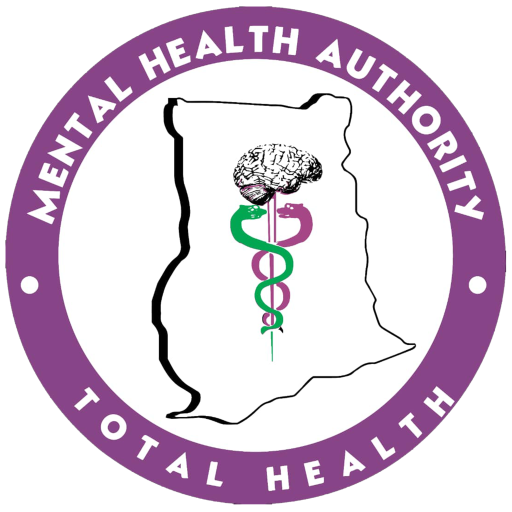The Nursing Administration at Pantang Hospital is responsible for overseeing the nursing staff, ensuring the delivery of high-quality patient care, and managing the overall nursing operations. The unit ensures that nursing services are efficiently coordinated, resources are properly allocated, and nursing staff are supported to provide excellent care in a professional and compassionate environment.
Key Responsibilities:
Nursing Staff Management
- Overseeing the recruitment, training, and development of nursing staff.
- Ensuring appropriate staffing levels to meet patient care needs and manage workload effectively.
- Supervising nursing staff, offering guidance, and ensuring compliance with hospital policies and healthcare standards.
Patient Care Coordination
- Coordinating nursing care plans to ensure that all patients receive the appropriate care and attention during their stay.
- Collaborating with physicians and other healthcare professionals to ensure comprehensive, patient-centered care.
Nursing Policy and Procedure Development
- Developing, updating, and ensuring adherence to nursing policies and procedures in line with the hospital’s standards, national guidelines, and best practices.
- Regularly reviewing protocols to ensure continuous improvement in nursing care quality.
Training and Continuing Education
- Providing ongoing training and professional development opportunities for nursing staff to enhance their clinical skills and knowledge.
- Organizing workshops, seminars, and certifications to keep nursing staff up-to-date with the latest healthcare practices and technological advancements.
Quality Assurance and Compliance
- Ensuring that nursing services meet established standards for patient care and safety.
- Conducting audits and assessments to monitor care quality, address deficiencies, and implement corrective actions when necessary.
Resource Allocation and Management
- Ensuring that the nursing department has the necessary resources, equipment, and supplies to deliver quality patient care.
- Managing budgets, inventory, and supplies specific to the nursing department.
Patient Advocacy
- Acting as advocates for patients by addressing concerns, ensuring their rights are respected, and ensuring a safe and comfortable hospital environment.
- Providing emotional support to patients and their families throughout their care journey.
Collaboration with Other Hospital Units
- Coordinating with other hospital departments (e.g., clinical teams, administration, support services) to ensure seamless patient care and operational efficiency.
- Participating in interdisciplinary meetings and discussions to improve care delivery and hospital operations.
Clinical Leadership and Supervision
- Providing leadership and supervision to nursing staff across all hospital units, ensuring that care is provided according to established clinical standards.
- Supporting and guiding nurses in making clinical decisions and solving problems to enhance patient outcomes.
Nursing Documentation and Reporting
- Ensuring accurate and timely documentation of nursing interventions, patient care, and outcomes in patient records.
- Overseeing the completion of all nursing-related reports, audits, and evaluations for quality assurance and compliance purposes.
Patient Safety and Risk Management
- Ensuring adherence to patient safety protocols, including infection control practices, to minimize risks and prevent harm to patients.
- Monitoring nursing practices for potential risks and addressing safety concerns to ensure optimal patient care outcomes.
Nursing Research and Innovation
- Encouraging nursing staff to engage in clinical research and evidence-based practices to improve care delivery.
- Supporting the introduction of innovative healthcare practices and technologies that enhance patient care and nursing practice.







